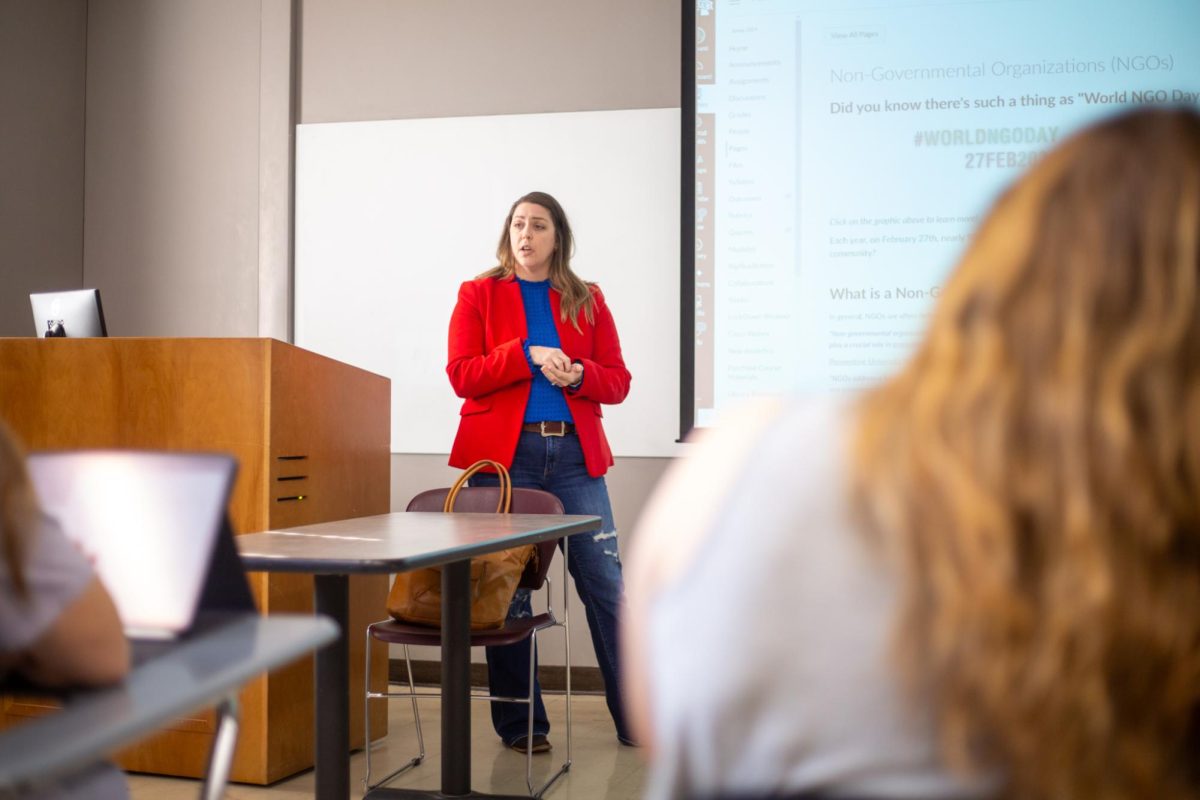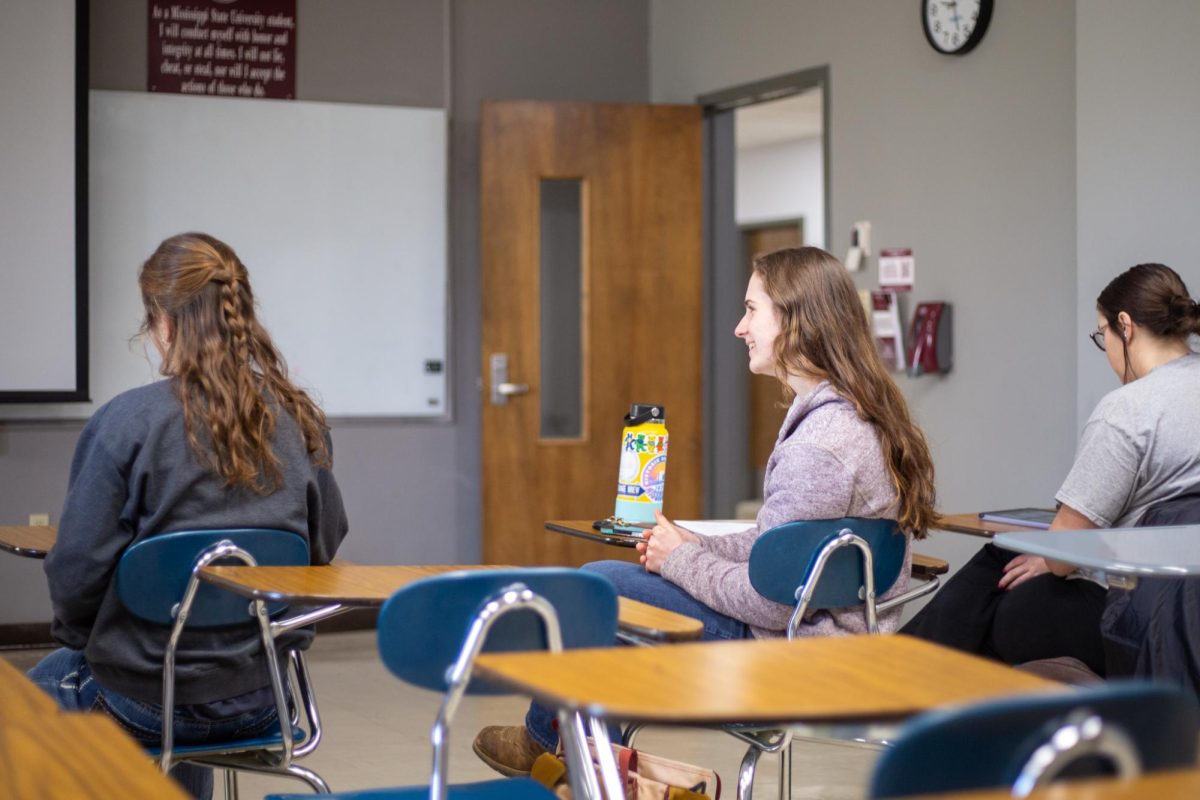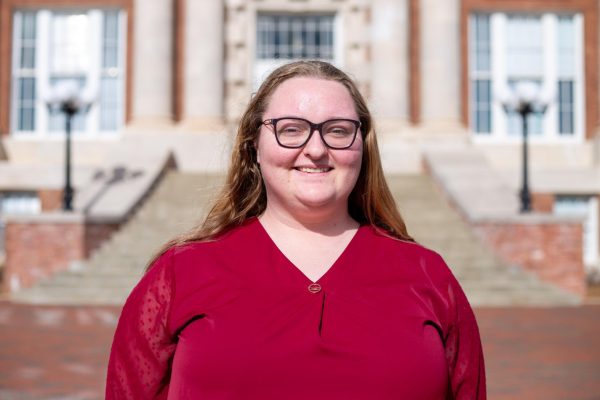Mississippi State University’s Center for Community-Engaged Learning is an underdeveloped gem of MSU education, and it deserves expansion.
According to Michelle Garraway, outreach and engagement coordinator for the Center for Community-Engaged Learning, the CCEL acts as a sort of “bridge” between campus and the Starkville community. Garraway shared that the mission of the center is to “create enriching learning experiences where both faculty, students and community members can mutually exchange knowledge that benefits the public good.”
This semester, I enrolled in a course called “Approaches to TESOL (Teaching English to Speakers of Other Languages)” as part of my minor. Not only is it an English class, but it is also marked as a Service-Learning course, which is the same thing as Community-Engaged Learning.
As part of that course, students work with the Starkville public school district to arrange tutoring sessions for emergent bilingual learners. They then meet with students weekly to have one-on-one sessions where they work with the student on lessons that they have designed.
Classes of this kind offer a direct opportunity to not only learn concepts, but apply them in real-time. For instance, I meet weekly with two students and work on assignments that I design and tailor to them. Then, I share my experiences with the professor, reflect on them and plan for the next week.
Ideas for CCEL courses come from a plethora of places. All faculty are able to pitch ideas, of course, but so can community partners and students. In addition to them, the CCEL designates a cohort of CEL Fellows every year who are hand-picked to “redesign a standard course into a CEL course.”
Jessica Graves is a lecturer for the College of Agriculture and Life Sciences and also serves as the director of International Capacity Development for the M4 Institute. Currently, she is teaching a course titled International Agricultural Education.
“It brings me joy to see students have ‘lightbulb’ or ‘ah-ha’ moments through the activities,” Graves said.
“In general, the benefits of CEL courses are multi-dimensional,” Graves said. “For example, students in International Agricultural Education have already connected with an agricultural educator from Uganda this spring which provided them with a unique opportunity to learn about his experiences as an agricultural educator, but it also gave them a chance to ask questions to better understand the culture. I also believe that CEL courses create a space for students to ‘see’ how the concepts they are learning can be applied in a real-world setting.”
Lucy Mellen is a junior studying political science and environmental geoscience. She also took a CEL course through the Honors College titled Community Service and Engagement with Brian Pugh.
“It was definitely one of my favorite classes that I took that certain semester, and just, in general, one of my favorite classes I have taken,” Mellen said.
When asked how she would compare the experience of taking this class with that of taking a more orthodox one, she shared that it felt more real. “I’m not sure if I would say that I necessarily learned more strict information in having that kind of community-engagement style class, but I will say that it made the information that I did learn a lot more impactful,” Mellen said.
Mellen stated that she would absolutely take another CEL course if it fit into her majors, but unfortunately, the only ones that will fit have been moved online.
Garraway expressed much desire to see the CEL courses at Mississippi State become more interdisciplinary in nature, as that would likely allow more students like Mellen to be able to take them. Such courses have existed in the past, but they are not as prevalent as sole-discipline courses.
I have only been in one CEL course so far, and honestly, that is heartbreaking. In these courses, everything feels real, and the concepts that students learn are used in the present, rather than the lessons feeling like far-off hypotheticals
Mississippi State should invest in expanding these courses for students. If there were CEL courses for every subject on campus, I have no doubt that those would quickly become the most in-demand amongst the catalog.








